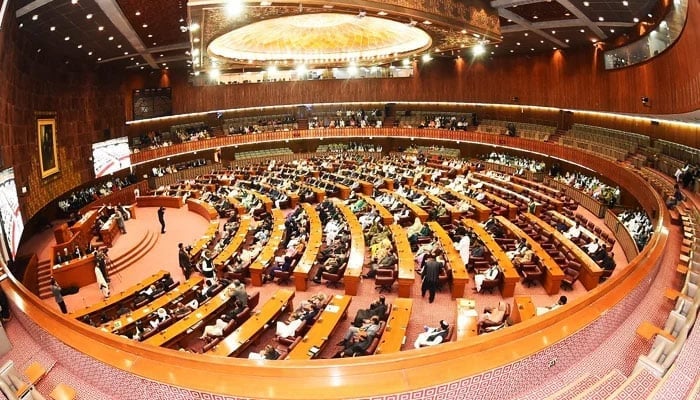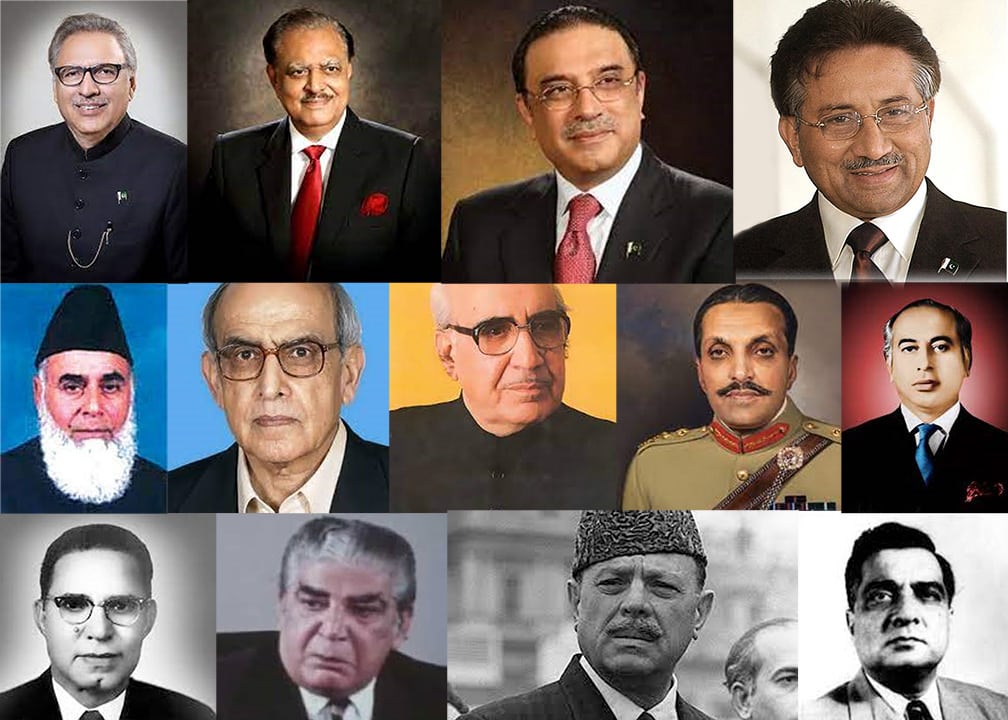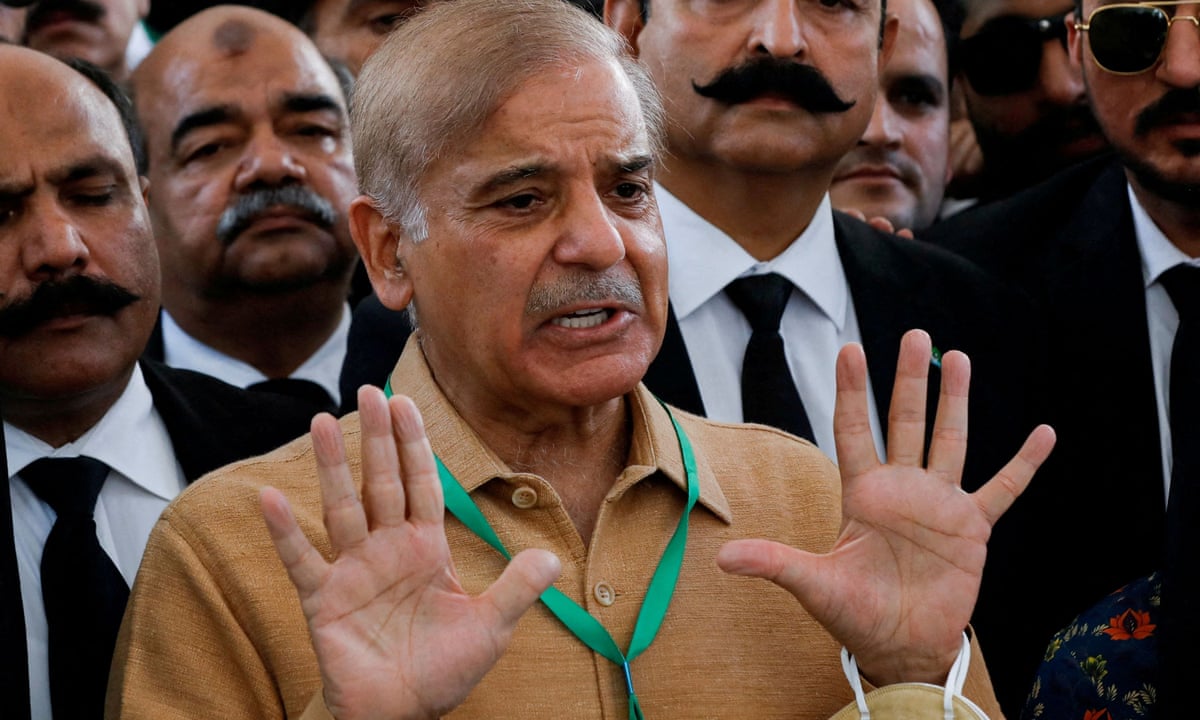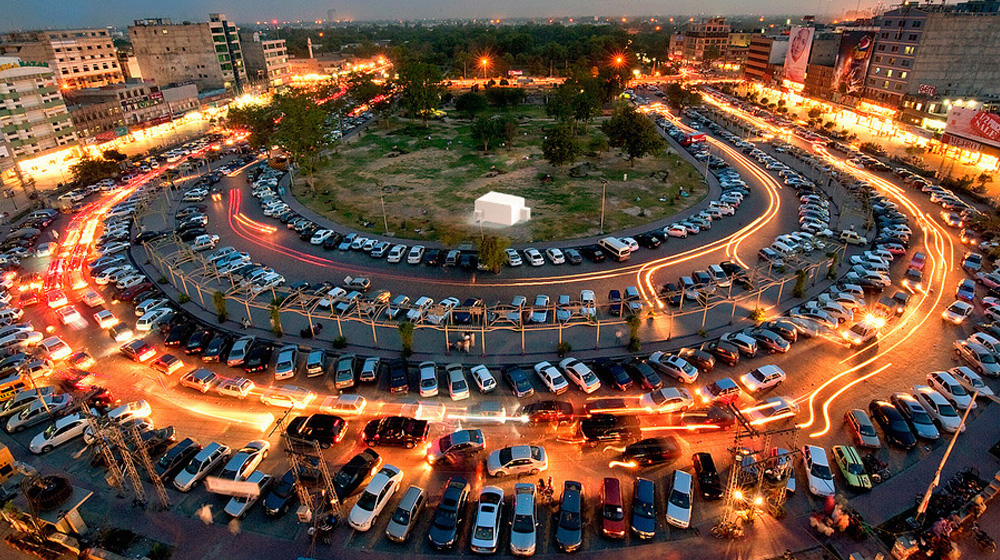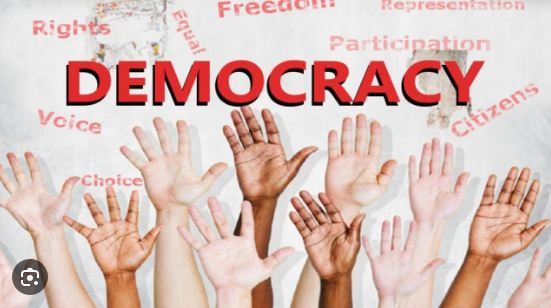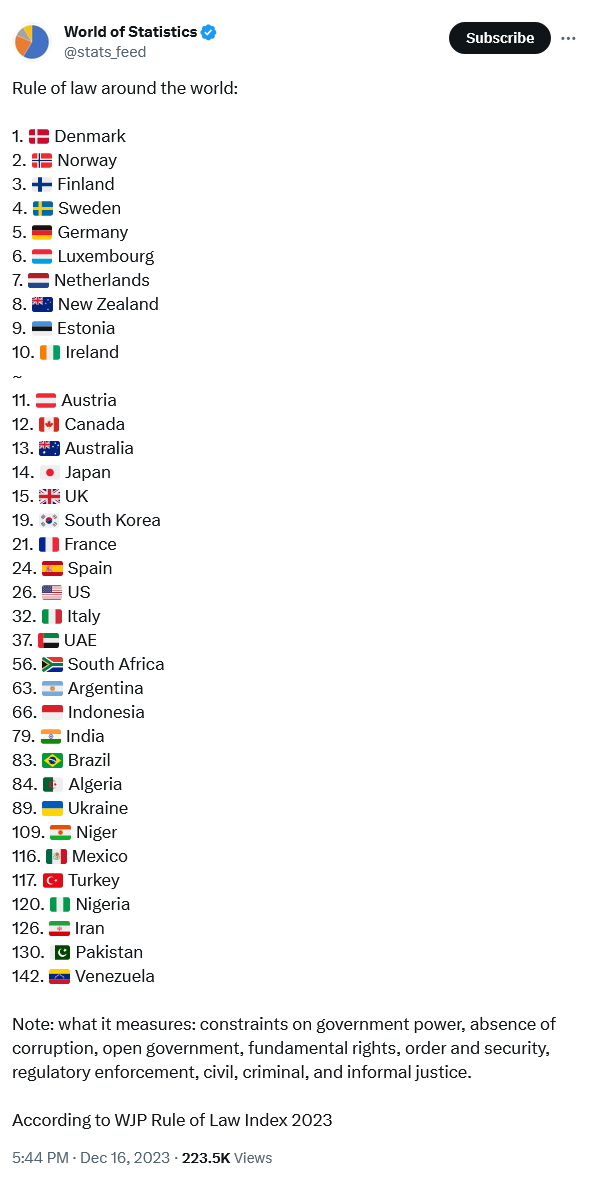Pakistan's governance structure is a complex tapestry of institutions that play a pivotal role in the nation's democratic functioning. The Establishment, Bureaucracy, Parliament, and Judiciary are the cornerstones of the country's administration, each with distinct functions and responsibilities. In this guide, we will provide a comprehensive overview of these essential elements, shedding light on how they collectively shape Pakistan's governance.1
1. Introduction: The Nucleus of Pakistan's Governance
At the heart of Pakistan's governance system lies the Establishment, Bureaucracy, Parliament, and Judiciary, all working in tandem to ensure the smooth operation of the state. Together, they uphold the principles of democracy, rule of law, and good governance, essential for the nation's progress.
The Establishment, comprising the military and intelligence agencies, has historically played a significant role in shaping Pakistan's political landscape. The Bureaucracy, including the civil services and administrative bodies, serves as the engine of governance. Parliament, the legislative branch, formulates laws and policies, while the Judiciary interprets and upholds the constitution.
2. The Establishment: Balancing Civil-Military Relations
The Establishment, often regarded as Pakistan's "deep state," is a complex network of military and intelligence agencies. This multifaceted entity has a significant influence on the country's politics, foreign policy, and national security.
The Pakistan Army, the largest and most powerful component of the Establishment, has played a pivotal role in both the country's governance and defense. It has frequently intervened in politics, often leading to periods of military rule. In contrast, the Inter-Services Intelligence (ISI) agency, responsible for intelligence gathering and counter-terrorism, wields considerable influence behind the scenes.
Civil-military relations in Pakistan have been a topic of extensive debate and fluctuation, with the military historically asserting control over the government. However, in recent years, there have been efforts to establish a more balanced civil-military relationship to strengthen the democratic process.
3. The Bureaucracy: The Wheels of Governance
The Bureaucracy in Pakistan plays a crucial role in the implementation of government policies and the day-to-day functioning of the state. It comprises civil servants, administrative officials, and government employees at various levels.
The Central Superior Services (CSS) examination, a highly competitive and rigorous examination, recruits officers who serve in various government departments. These officers, referred to as "babus" colloquially, are responsible for executing government policies and managing administrative affairs.
The bureaucracy's functioning has been both praised for its professionalism and criticized for its inefficiencies and corruption. Reforms aimed at improving governance, reducing corruption, and enhancing service delivery have been ongoing, with varying degrees of success.
4. Parliament: The Legislative Powerhouse
The Parliament of Pakistan is the country's legislative branch, responsible for formulating laws and policies. It consists of two houses: the National Assembly and the Senate. The National Assembly, with its members directly elected by the public, holds the primary legislative authority. The Senate represents the provinces and serves as a check on the National Assembly's power.
The Parliament plays a crucial role in shaping Pakistan's political landscape by enacting laws, approving budgets, and representing the interests of the people. However, the democratic process in Pakistan has faced challenges, including periods of military rule and political instability.
Despite these challenges, the Parliament remains a central institution for democratic governance in Pakistan, and elections continue to be held, allowing the people to choose their representatives.
5. The Judiciary: Guardians of the Constitution
The Judiciary of Pakistan is tasked with interpreting and upholding the constitution. It consists of several tiers, with the Supreme Court as the highest appellate body. The judiciary has historically played a significant role in shaping the country's political landscape.
The Supreme Court of Pakistan, headed by the Chief Justice, has the power to hear cases related to constitutional matters, human rights, and disputes between various branches of government. It has frequently been involved in landmark cases that have shaped the nation's political and legal framework.
The judiciary's role in Pakistan's politics has often been a subject of controversy, with allegations of judicial overreach and politicization. However, it continues to serve as a check on the powers of the executive and legislature, ensuring the rule of law.
6. The President: A Ceremonial Role
The President of Pakistan is the head of state and serves a largely ceremonial role. The President is elected by an electoral college consisting of the members of the Senate, National Assembly, and Provincial Assemblies.
While the President's powers are limited, they play a role in constitutional matters, such as approving bills passed by the Parliament and representing Pakistan at the international level. The President also holds the authority to grant pardons and commute sentences.
In recent years, the President's role has become more symbolic, with executive powers resting with the Prime Minister and the Parliament. The office of the President is important in maintaining the formalities of the state and its international relations.
7. The Prime Minister: The Executive Authority
The Prime Minister of Pakistan is the head of government and holds executive powers. The Prime Minister is the leader of the political party or coalition with a majority in the National Assembly and is appointed by the President.
The Prime Minister's role includes forming a cabinet, setting government policies, and overseeing the administration. They are responsible for implementing laws and policies passed by the Parliament and managing the country's day-to-day affairs.
The Prime Minister's office holds significant power in Pakistan's governance, making it a crucial component of the democratic system. The Prime Minister is accountable to the Parliament and the people, and elections determine their mandate.
8. The Provincial Governments: Decentralized Power
Pakistan is divided into four provinces: Punjab, Sindh, Khyber Pakhtunkhwa, and Balochistan, each with its provincial government. Additionally, there are two autonomous territories: Azad Jammu and Kashmir and Gilgit-Baltistan, which have their local governments.
The provincial governments have devolved powers and responsibilities, allowing them to manage and regulate various aspects of governance within their jurisdictions. This decentralization aims to address local needs and concerns more effectively.
The provincial assemblies and chief ministers are responsible for governing their respective regions. The provincial governments manage areas such as education, healthcare, and local development, contributing to the overall governance structure of Pakistan.
9. Local Governments: Grassroots Governance
Local governments, known as Union Councils in rural areas and Metropolitan Corporations in urban centers, play a vital role in grassroots governance. Local councils are responsible for addressing community-level issues and implementing local development projects.
The local government system in Pakistan is designed to empower communities by giving them a voice in decision-making and resource allocation. Elected representatives at the local level work to improve the living standards of their constituents and promote sustainable development.
Efforts to strengthen and streamline the local government system have been ongoing, with the aim of ensuring better service delivery and increased public participation at the grassroots level.
10. The Role of Political Parties: Driving Political Landscape
Political parties in Pakistan are integral to the democratic process, with each party representing a particular ideology or set of policies. These parties play a significant role in shaping the country's political landscape.
The two major political parties, Pakistan Peoples Party (PPP) and Pakistan Muslim League-Nawaz (PML-N), have historically held sway at the national and provincial levels. Other parties, like Pakistan Tehreek-e-Insaf (PTI), have gained prominence in recent years.
The competition among political parties, along with coalition governments, influences the formation of policies, legislative agendas, and governance in Pakistan. It also allows citizens to choose their representatives based on their political preferences.
11. Challenges and Opportunities: Striving for a Strong Democracy
Pakistan's governance structure faces numerous challenges, including political instability, corruption, and issues related to civil-military relations. Balancing the powers of the Establishment, Bureaucracy, Parliament, and Judiciary remains a continual endeavor.
However, there are also opportunities for growth and development. The push for democratic consolidation, economic reforms, and efforts to improve governance and transparency are steps in the right direction.
Pakistan's young and dynamic population is increasingly engaged in the political process, demanding change and accountability from their leaders. As Pakistan continues to navigate its democratic journey, it is essential to address challenges while capitalizing on opportunities to build a stronger and more vibrant democracy.
12. Conclusion: The Complex Interplay of Governance
In conclusion, Pakistan's governance system is a complex interplay of institutions that collectively shape the nation's political landscape. The Establishment, Bureaucracy, Parliament, and Judiciary, along with the roles of the President, Prime Minister, provincial governments, and local councils, create a web of governance that strives to uphold democratic principles and good governance.
Despite challenges and controversies, Pakistan's democratic journey continues to evolve, with the potential for growth and progress. As the country's institutions adapt and respond to the needs of the people, they will play a crucial role in shaping the future of Pakistan's governance.
Explore the pillars of Pakistan's governance - the Establishment, Bureaucracy, Parliament, and Judiciary. This in-depth guide provides insights into the foundations of Pakistan's government and its mechanisms, offering a comprehensive view of the nation's political landscape.





